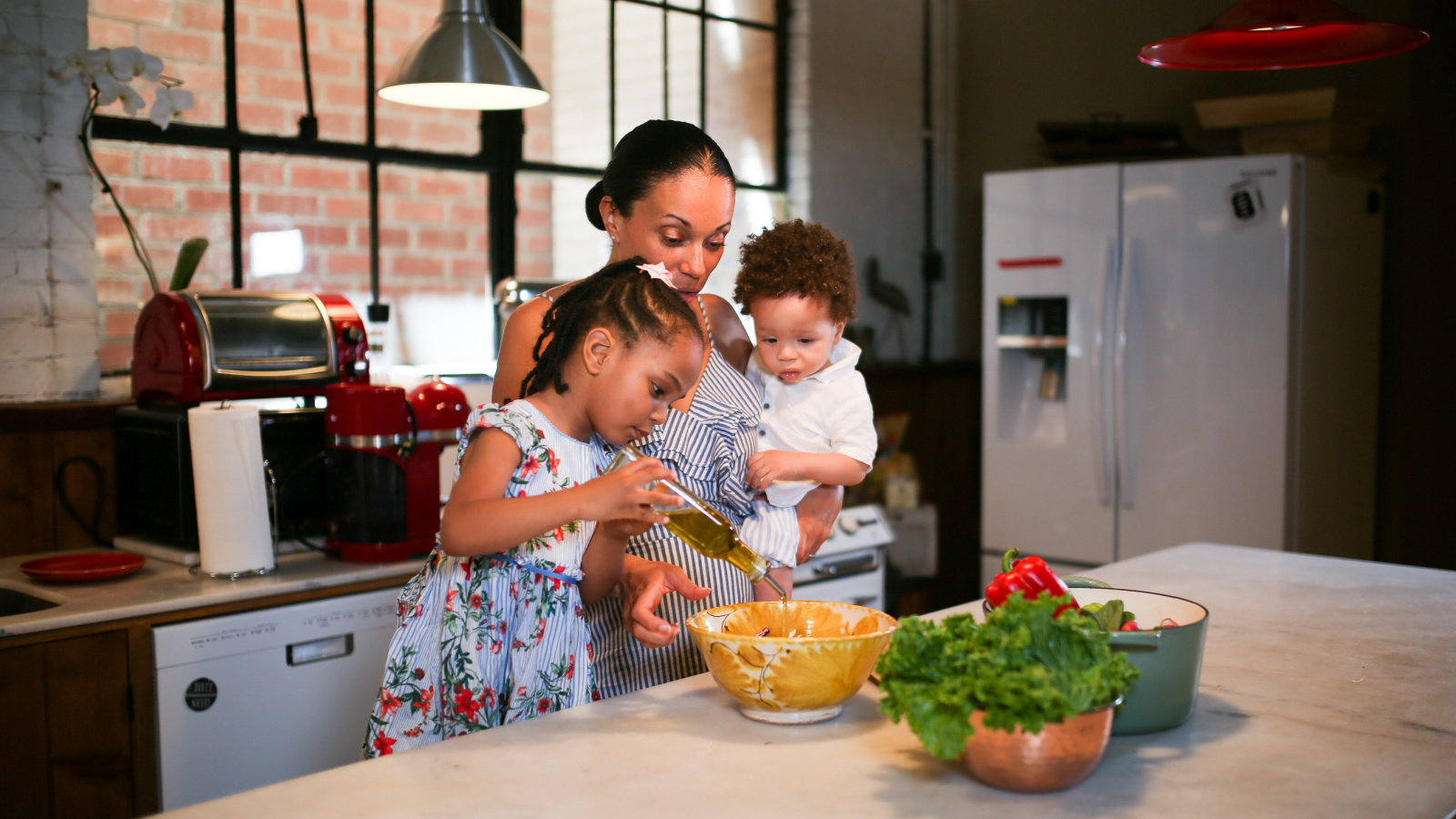
Are Millennials Egalitarians at Home?
Gender bias is most often associated with the workplace, where discriminatory standards and expectations affect perceptions of women’s and men’s competencies, achievements, and potentials. But gender bias also operates at home by creating discriminatory standards and expectations about women’s and men’s duties and roles. As a result, the bulk of housework and childcare has historically fallen on mothers. Recently, however, several studies have reported that millennials are egalitarians with respect to the allocation of domestic responsibilities. For example, researchers report in The Atlantic that millennials have “the distinctive and historically unprecedented belief that there are no inherently male and female roles in society.” And using the results of the General Social Survey, other researchers report that the proportion of Americans who agreed or strongly agreed that women and men should be treated equally in the home increased from 22 to 69 percent between 1977 and 2016. These researchers concluded that while millennials are a diverse generation, “overall they support egalitarianism at home [and] are the most likely [of all generational cohorts] to be strong egalitarians.”
Nevertheless, there is far from a consensus with respect to this view. One team of scholars found that there has actually been a regression in millennials’ thinking about gender roles in the household. When asked in 1976 whether “it is usually better for everyone involved if the man is the achiever outside the home and the woman takes care of the home and family,” fewer than 30 percent of high school seniors disagreed. By 1994, disagreement had almost doubled to 58 percent, but by 2014 it had fallen back to 42 percent. And other researchers found that in 1994, 83 percent of men aged 18 to 25 disagreed with the superiority of the husband breadwinner/wife homemaker family structure, but in 2014, only 55 percent disagreed. In fact, by 2014, millennial men aged 18 to 25 were less likely to disagree with the superiority of traditional domestic role allocation (55 percent) than were men over 25 (67 percent).
Why Gender Roles in the Household Are Still So Stubbornly ‘Traditional’
We are not in a position to sort out these conflicting claims about millennials’ egalitarian attitudes. However, given that domestic egalitarianism seems to be in decidedly short supply in actual practice, we’re inclined to doubt that millennials practice egalitarianism at home any more than previous generations. According to the Pew Research Center, mothers spend on average 32 hours per week on housework and childcare while fathers spend only 18 hours per week. This means that on average women with children are spending nearly 80 percent more time on domestic tasks than are men with children. But even this compelling statistic fails to capture the full extent of the gendered nature of domestic role allocation. Women spend approximately twice as much time with food and drink preparation than men, almost three times as much time cleaning the home, and about three and a half times as much time doing laundry. And this disparity in housework is not limited to the older generations. While it may be the case that millennials are more likely to say they want an even split of household duties, these intentions typically collapse under the weight of pervasive gender stereotypes. Indeed, we find that women are in sole charge of their children for nearly one-third of their time but men are in sole charge for only about 8 percent of their time. As Jill Jayorsky, a professor of sociology at the University of North Carolina at Charlotte puts it, “Men still have a lot of privilege in being able to fall back on gendered notions. … When it comes down to it, many men are not willing to walk the walk.”
Many explanations have been offered for the lack of substantial improvement in recent years in achieving an equal division of domestic responsibilities. Among these reasons are: Millennials, having watched their dual-earner parents’ difficulties in integrating work and family roles, want a less frenzied family situation; as women have been getting closer to equal footing outside the home, men are pushing back by expecting women to perform traditional women’s roles in the home; disapproval of strong public female figures is increasing among young white men and with it, support of traditional/masculine societal roles; the lack of U.S. social policies that allow parents to better combine paid work with family obligations; the declining marriage rate in the U.S. has caused the expected roles women and men play when they do marry to be seen as traditional; and the increase from 7 percent in 1980 to 22 percent in 2017 of Hispanics in the 18 to 25-year-old cohort has caused the overall averages to be skewed toward more traditional family responsibilities reflecting Hispanic cultural practices.
How Millennial Parenting Styles Can Reinforce Gender Inequality
While there is no conclusive way to identify the actual reasons that gender roles in the household remain so stubbornly “traditional,” we believe a key reason is the increasing acceptance of the view that “good” parenting is intensive parenting. A 2017 survey of more than 3,600 parents found that across social classes and regardless of the gender of the children, the dominant cultural model in this country for how children should be raised is one of child-centered, time-intensive parenting. This survey found “intensive parenting norms are now pervasive” in American society. And this means a belief in a parenting style that is “child-centered, expert-guided, emotionally absorbing, labor-intensive, and financially expensive.”
The general societal expectation is that both mothers and fathers should engage in intensive parenting. But because such parenting is extremely demanding in terms of both time and money, it is generally impractical for both parents to be “intensive parents.” As a result, the role gets allocated to only one of them — typically the mother. Millennials, no more than anyone else, can embrace intensive parenting and practice egalitarianism in the home.

